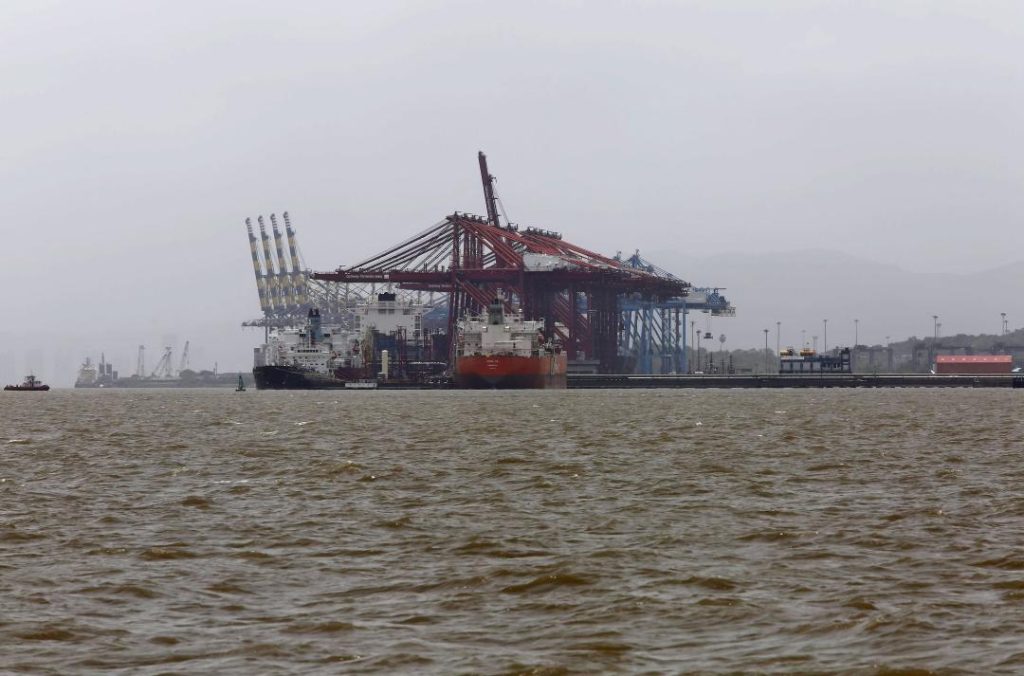
How was ₹800-cr scam undertaken by Tata firm & India’s largest container port’s ex-staff?
In a shocking revelation, the Central Bureau of Investigation (CBI) has flagged cumulative losses exceeding ₹4200 crore in a dredging project undertaken by Tata Consulting Engineers (TCE) and the Jawaharlal Nehru Port (JNPT) in Mumbai. The scam, which was undertaken by former staff of Tata firm and India’s largest container port, has caused massive financial losses to the government and the port authorities.
As per the CBI report, the officials involved in the scam chose a deeper 15-metre vessel draft instead of the recommended 14-metre, which led to a loss of ₹1,163 crore. Additionally, they opted for a single rate for dredging of different rock types, resulting in a loss of ₹557 crore. Furthermore, the contractors undertook dredging for excess width, causing a loss of ₹964 crore.
The CBI investigation revealed that the officials involved in the scam had manipulated the tender process and awarded the contract to a particular bidder, who was aware of the requirements of the project. The bidder was allowed to use a deeper vessel draft, which was not recommended by the project’s technical experts. This decision led to increased costs and a significant loss of revenue for the port.
The scam also involved the use of a single rate for dredging of different rock types, which was not in line with the project’s specifications. This led to a loss of ₹557 crore, as the contractors were able to extract more rock than was intended, resulting in increased costs.
The investigation also found that the contractors undertook dredging for excess width, which was not required by the project. This led to a loss of ₹964 crore, as the port had to pay for the dredging of an area that was not intended to be dredged.
The CBI has summoned the officials involved in the scam, including the Managing Director of TCE and the Chairman of JNPT. The agency has also attached properties worth ₹100 crore of the accused officials.
The scam has raised serious questions about the accountability of the officials involved in the project. The CBI has alleged that the officials were aware of the scam and had actively participated in it. The agency has also accused the officials of manipulating the tender process and awarding the contract to a particular bidder, who was aware of the requirements of the project.
The scam has also raised concerns about the lack of transparency in the tender process. The CBI has alleged that the officials involved in the scam had manipulated the tender process and awarded the contract to a particular bidder, who was not the lowest bidder. The agency has also accused the officials of not following the project’s specifications and guidelines.
The scam has also raised concerns about the lack of accountability of the officials involved in the project. The CBI has accused the officials of not taking any action to stop the scam and of actively participating in it. The agency has also accused the officials of not following the project’s guidelines and specifications.
The CBI has booked 14 officials, including the Managing Director of TCE and the Chairman of JNPT, under charges of criminal conspiracy, cheating, and criminal breach of trust. The agency has also attached properties worth ₹100 crore of the accused officials.
The scam has sent shockwaves through the port and shipping industry, and has raised concerns about the safety and security of the port. The CBI investigation has also raised concerns about the lack of transparency in the tender process and the accountability of the officials involved in the project.
In conclusion, the scam undertaken by Tata firm and India’s largest container port’s ex-staff is a shocking revelation that has raised serious concerns about the accountability of the officials involved in the project. The CBI investigation has flagged cumulative losses exceeding ₹4200 crore, and the agency has accused the officials of manipulating the tender process and actively participating in the scam. The scam has also raised concerns about the lack of transparency in the tender process and the accountability of the officials involved in the project.






